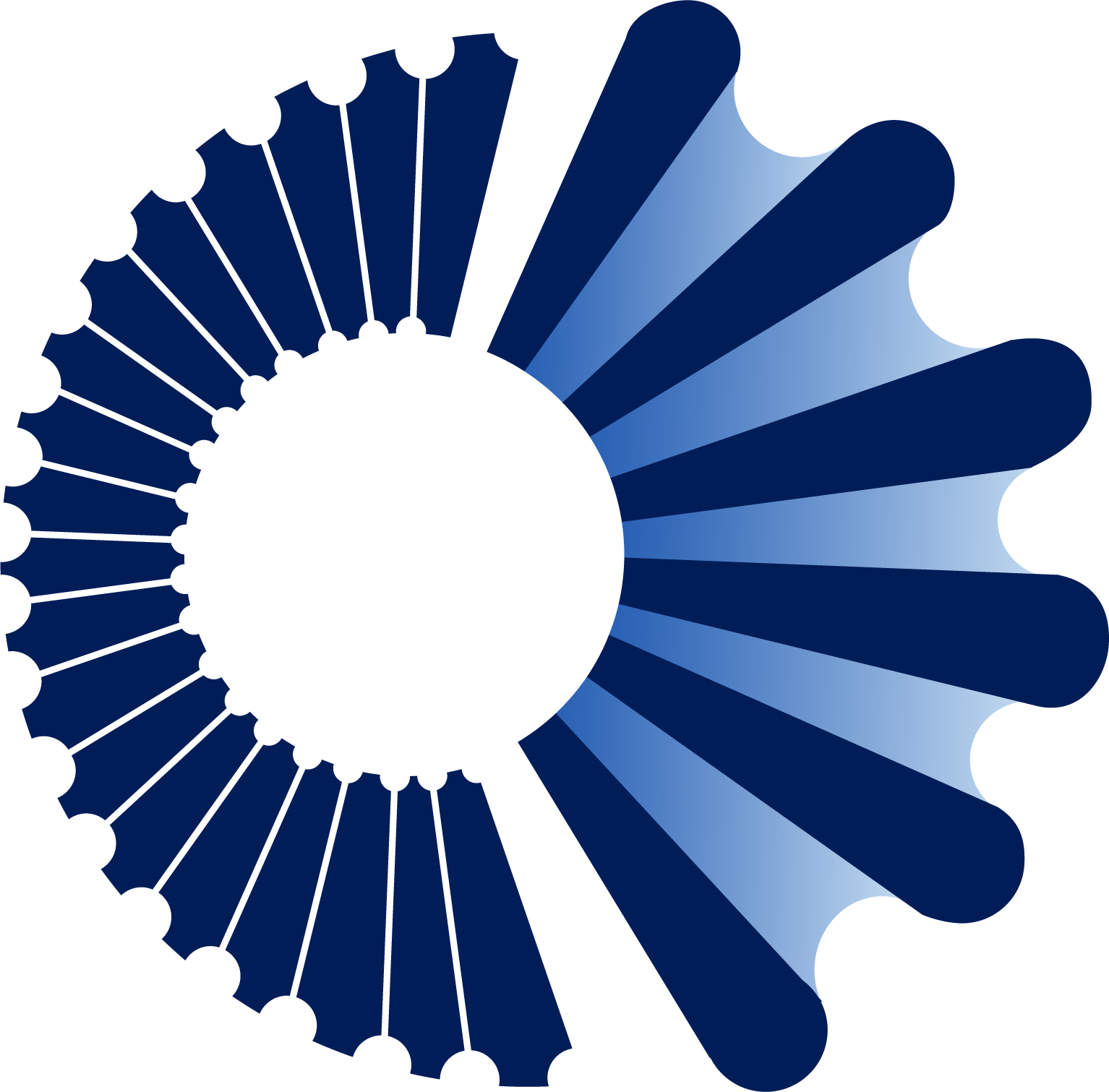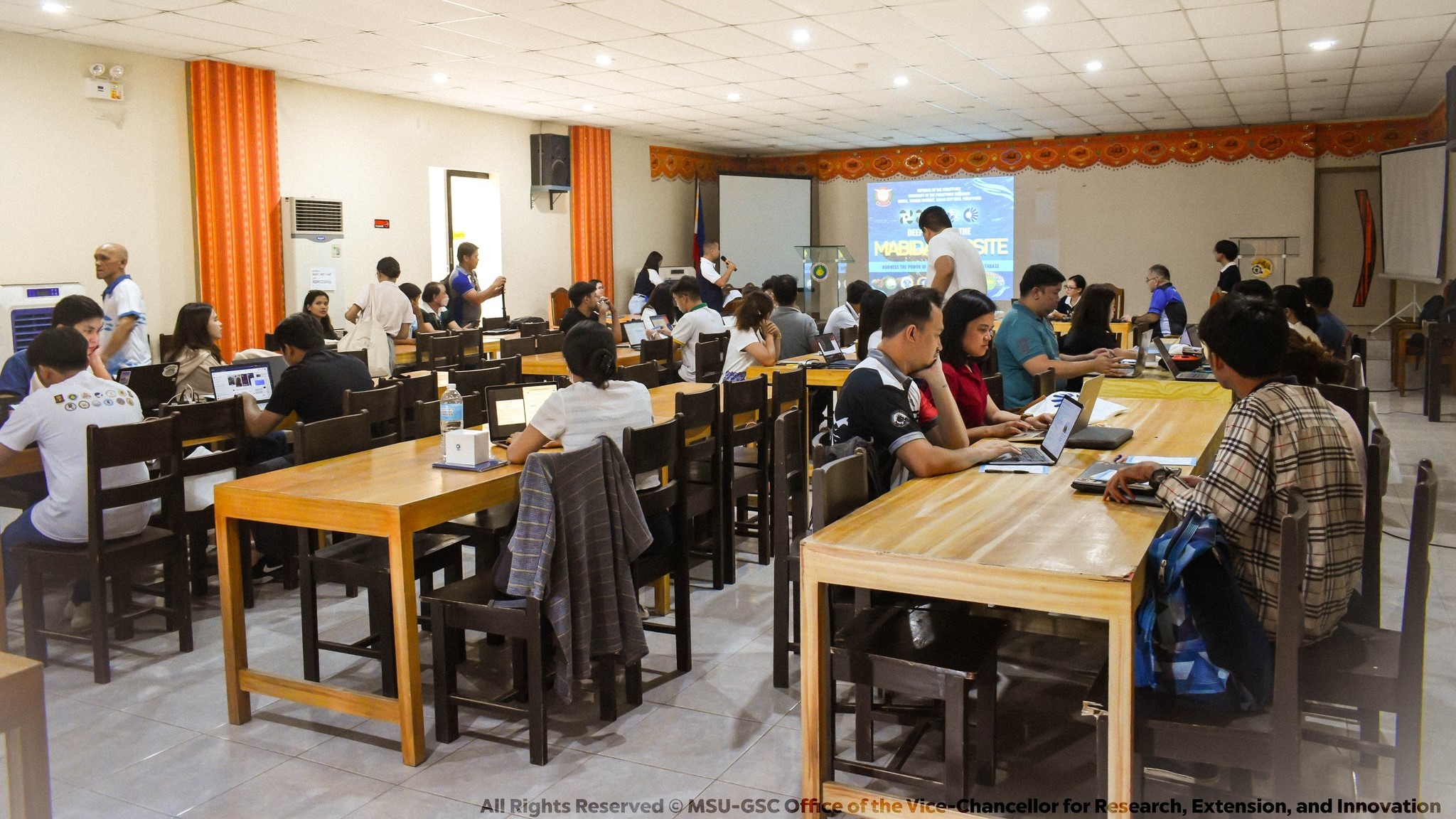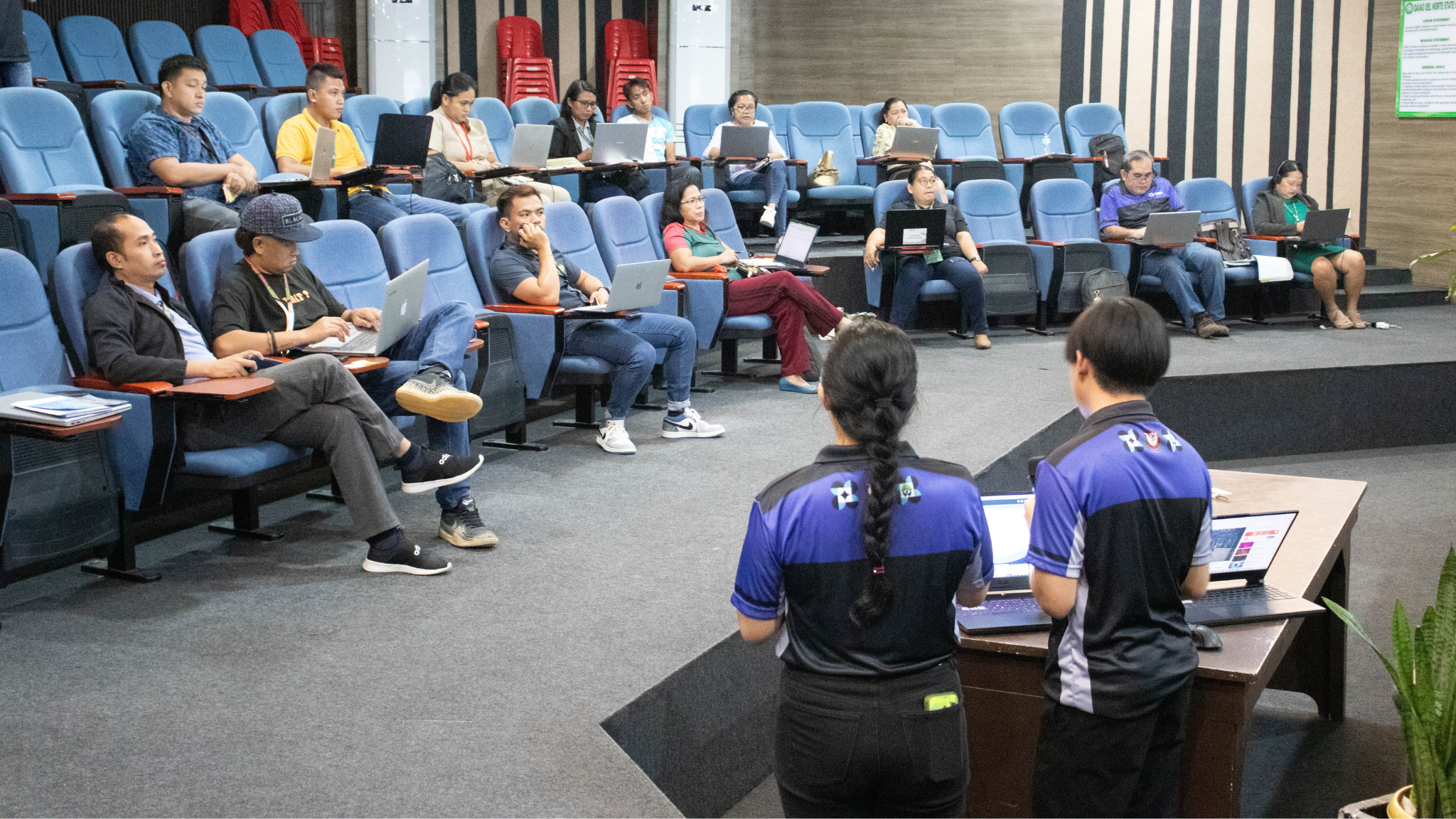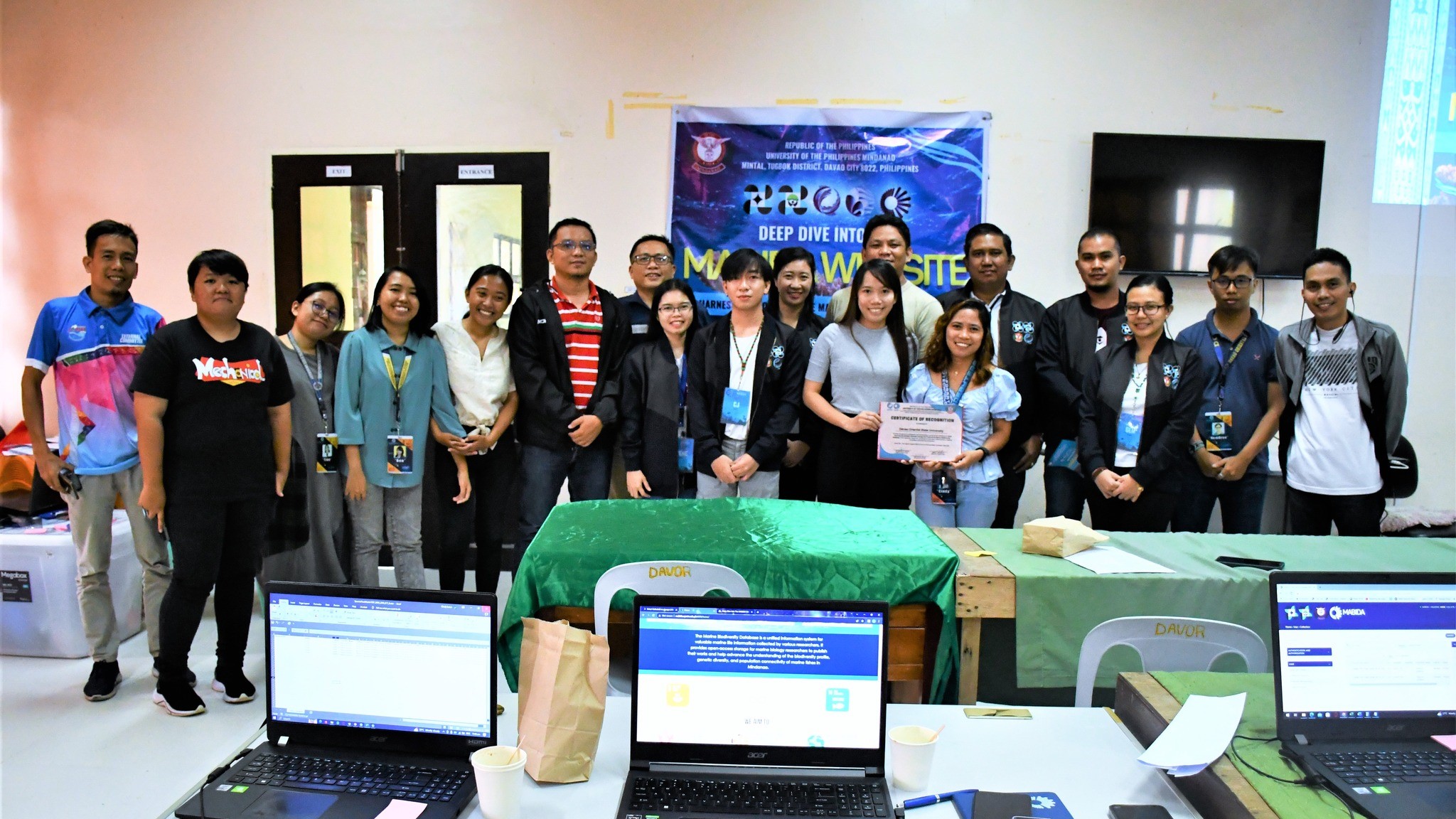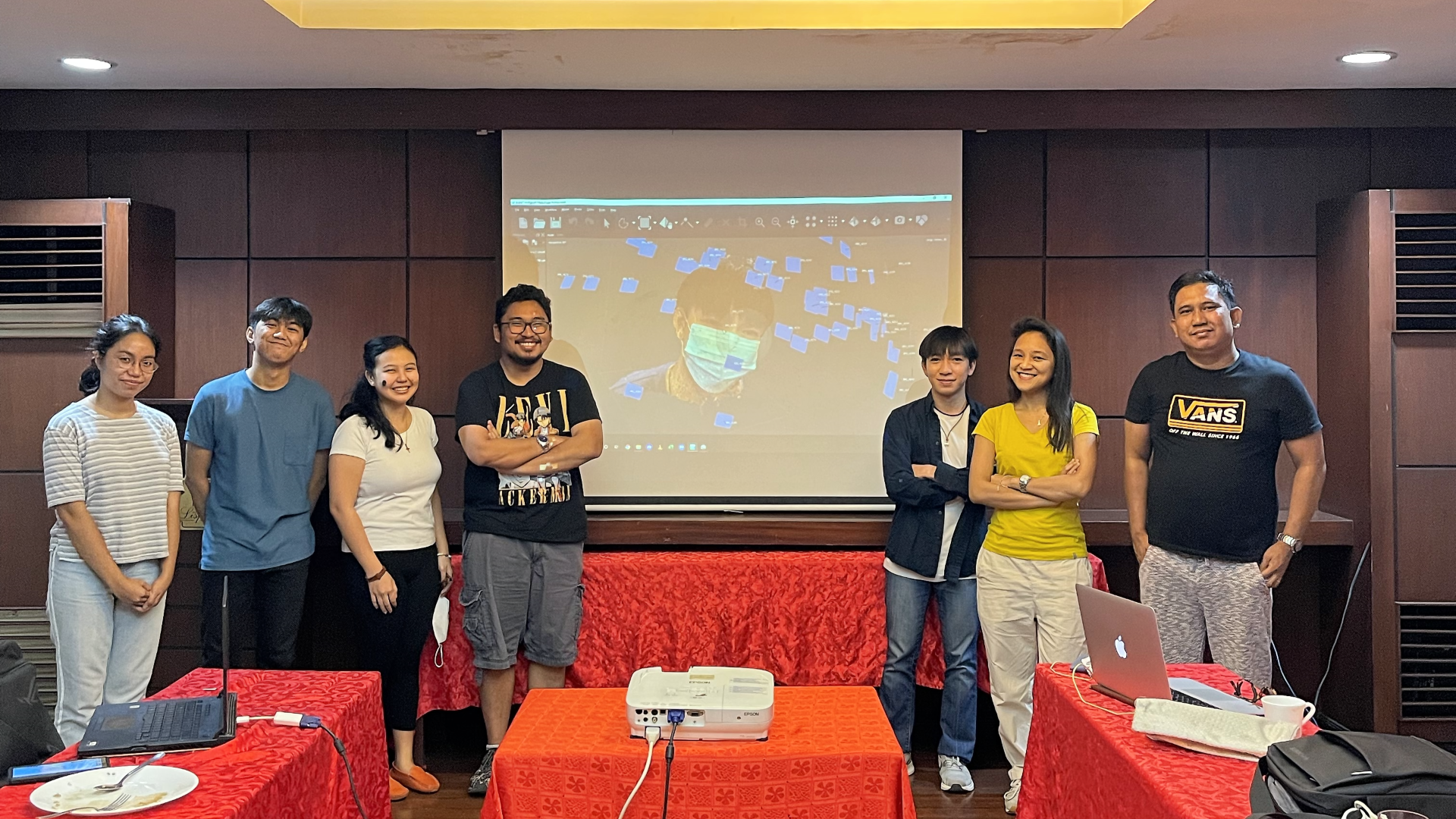
MABIDA Project: Photogrammetry Training and Year-End Meeting 2022
Written by Ralph Raleigh P. Dalig
Uploaded on Sept. 25, 2022
DAVAO CITY - Research personnel of the Marine Biodiversity Database (MABIDA) Project attended a Photogrammetry Training and conducted the Year-End Meeting at Lispher Inn, Davao City from 24-25 September 2022.
Mr. Ley Meynard G. Opeña shared his expertise in Remote Sensing and Photogrammetry as a resource person for the Basic Photogrammetry Training on 24 September 2022. Mr. Leo Manuel B. Estaña, Project Leader of MABIDA, Dr. Ritchie Mae T. Gamot, Project Staff, and researchers Norjan Charls M. Cabanalan, Geomarie Anne S. Paredes, and Ralph Raleigh P. Dalig were present during the training. The training aimed to equip the research personnel with skills and knowledge in Remote Sensing applications, especially in aerial and object photogrammetry.
Furthermore, the MABIDA Project conducted a year-end meeting and planning for the second year of project implementation on 25 September 2022. All personnel under the project were present, on-site and online. The meeting aimed to discuss the project's future activities and ensure the timely completion of the project deliverables.
